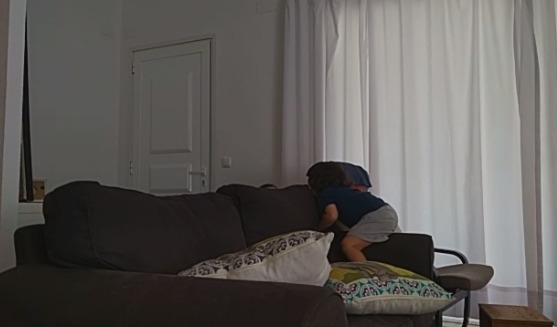
Shaping pro-social behaviours in Early Learners
Saturday 14th July 2018
By Roni Dunning, B.A., M.Sc., BCBA of Blossom ABA
Here's one of my little ones working on maintaining engagement, anticipation and on using eye gaze to find something highly preferable.
This is a little kid who would ran away within a few seconds of interaction. His mum and I spoke about motivation, which is the glue that will keep someone interested in staying, and that if there is motivation established, adults around the child won't need to work that hard, they won't need to call a child to stay, or give instructions during activities as such.
See how this little guy stays glued to the activity even when mum was away!
At this stage, we are working on finding that really works for this child and working less hard to establish and keep that motivation in place, and also looking at signs of when motivation is decreasing and then giving child feedback by lowering pace rather than increasing pace and placing demands for him continue playing. It's all about following the learner when we are working on motivation but it's important also to have measurable pro-social behaviours and social skills in place.
Behaviour analysis enables us to arrange the environment so that we can teach these skills, shape these behaviours whilst keeping the programme as natural as possible. To someone who doesn't know it's ABA, it can look as though there's no planning whilst in the background, we have measurable targets in place and a plan as to where we are going as well.
The word 'social skills' is very wide and frequently difficult to measure. The same happens with 'pairing'. If you are working on pairing, what are your measurable targets? can you graph each prosocial behaviour you're teaching? Are you gaining skills for free that you haven't needed to teach? That's important as well so procedures are not so rigid! Graphing is a great way of measuring progress on an ongoing basis and it helps with the programming of skills.
The Early Denver Start Model (ESDM, Dr. Sally Rogers, 2012) breaks these down into measurable behaviours that together form a response class for social skills. It can be adapted to any age in my experience.
What you need to know about motivation and teaching games (Steve Ward, 2009) is another excellent resource for teaching social skills from a very early learner level.
Using the science of ABA we can implement naturalistic programmes whilst maintaining measurable targets that are observable and our data collection in place as well.
We had a very fun Skype this week!!!
Veronica Dunning, B.A. MSc
BCBA of Blossom ABA





